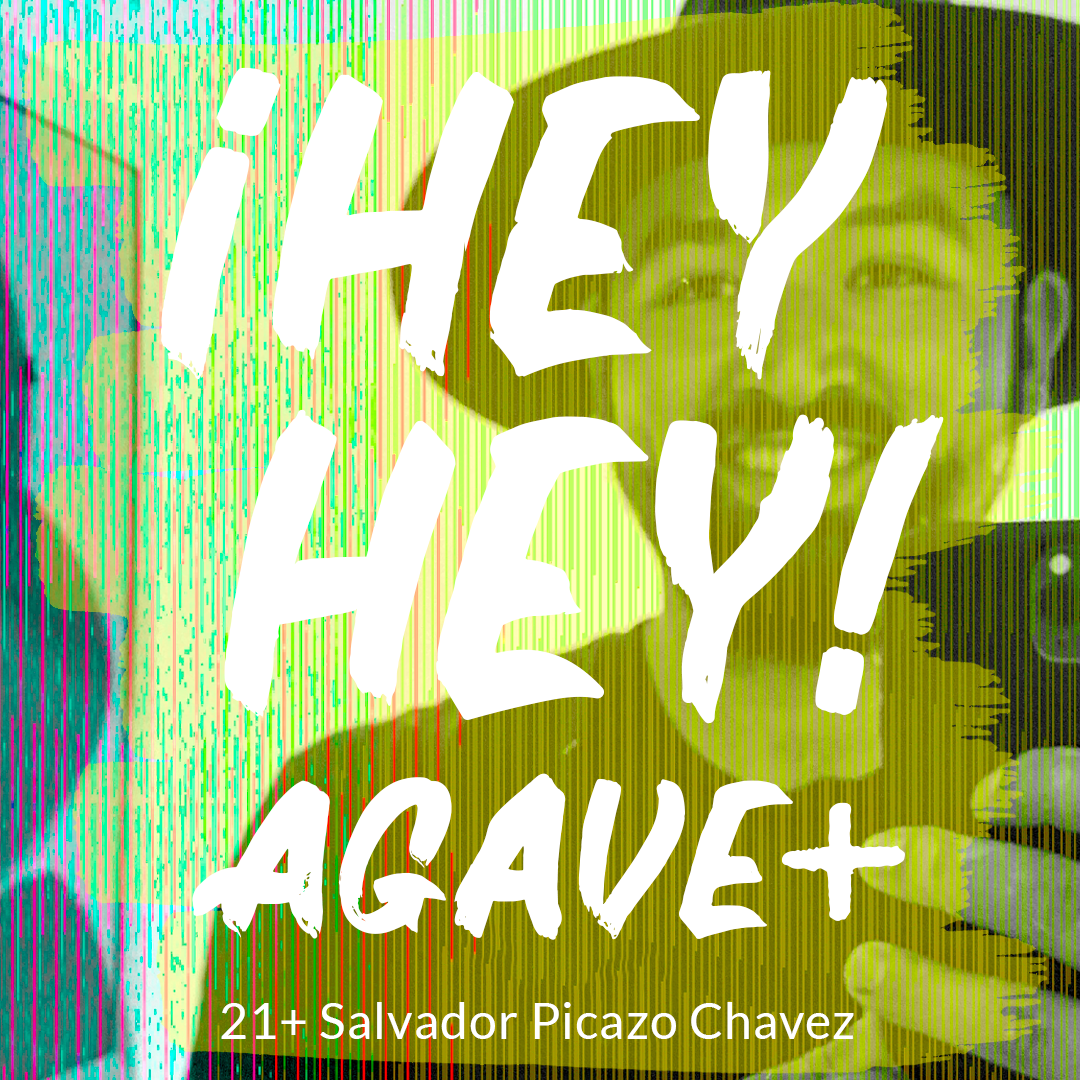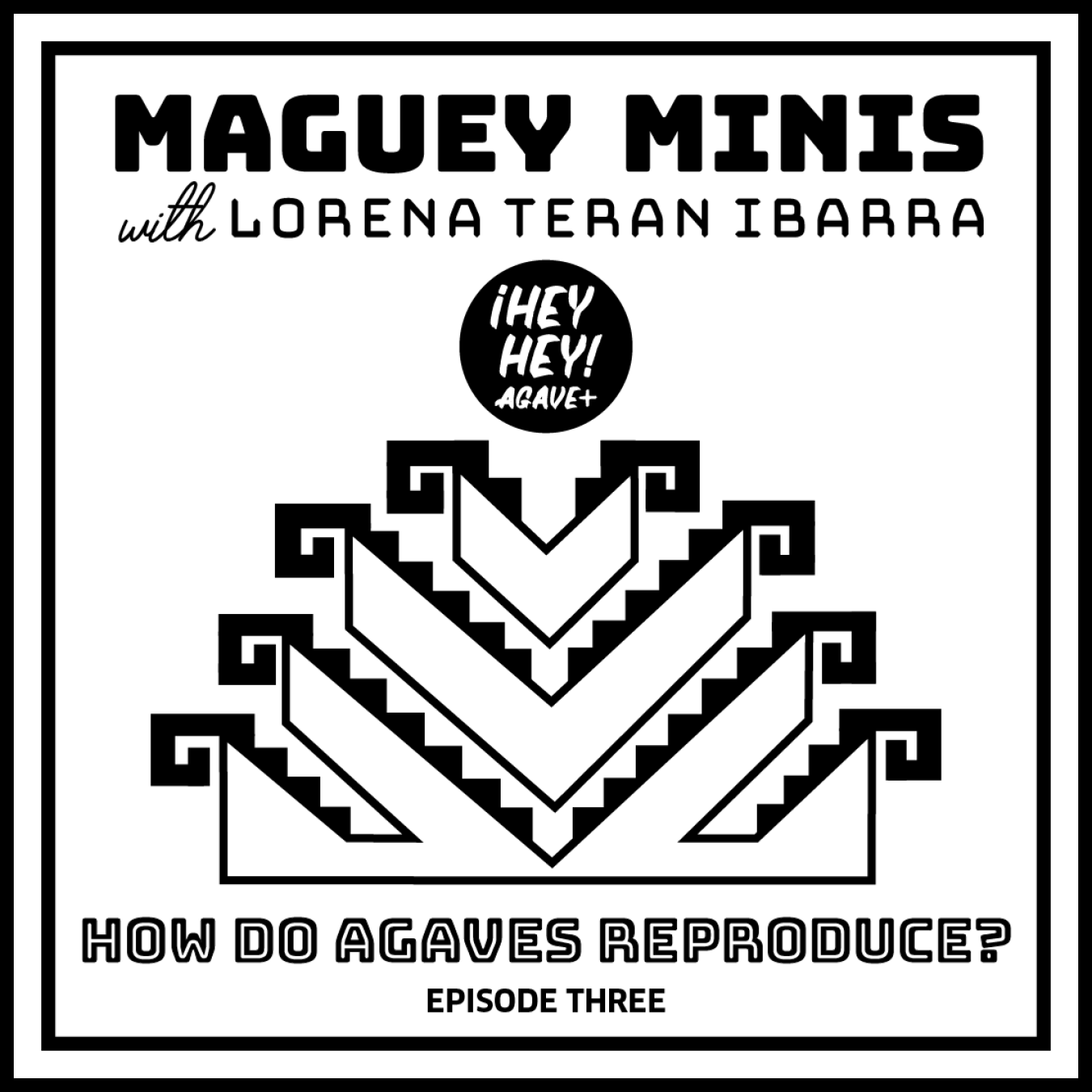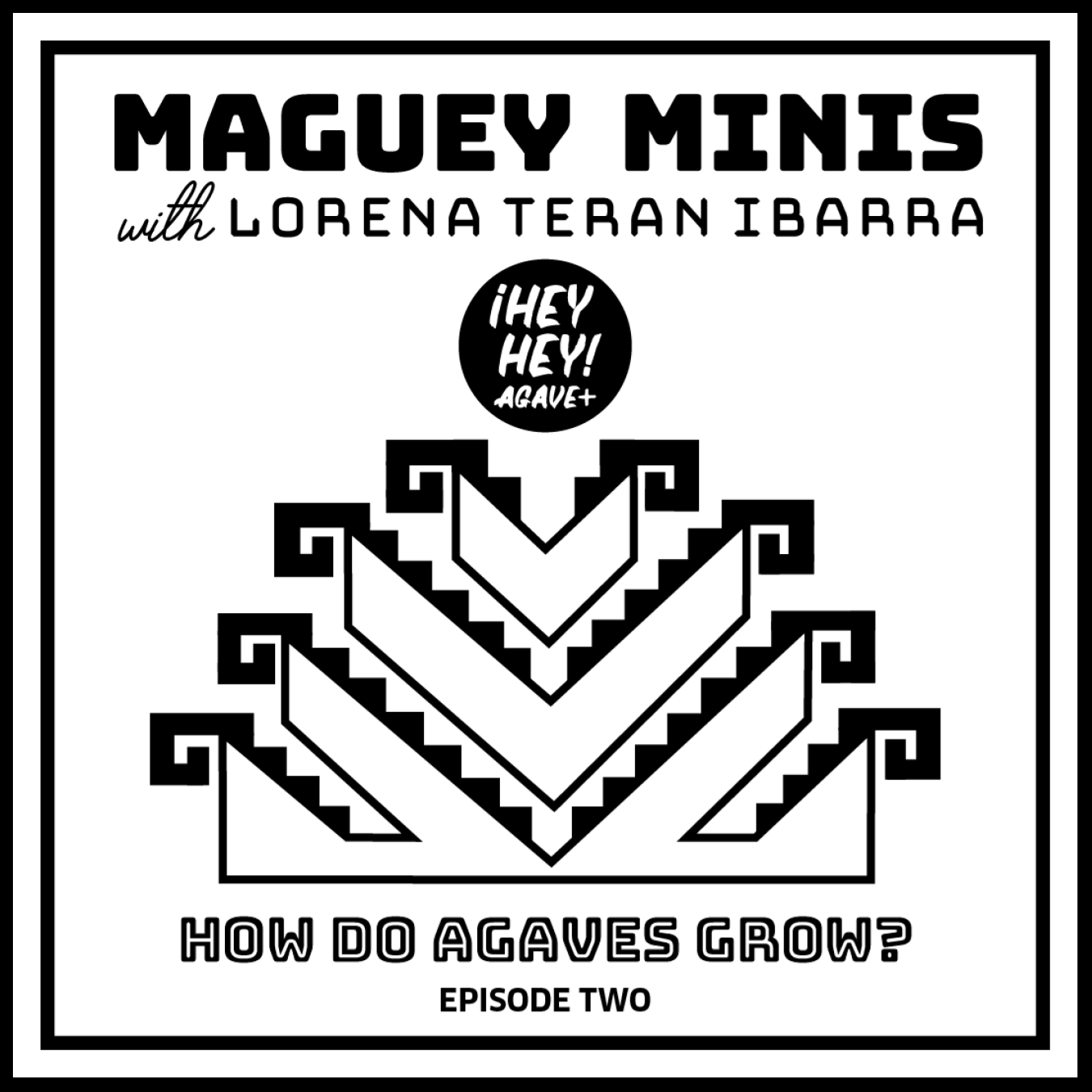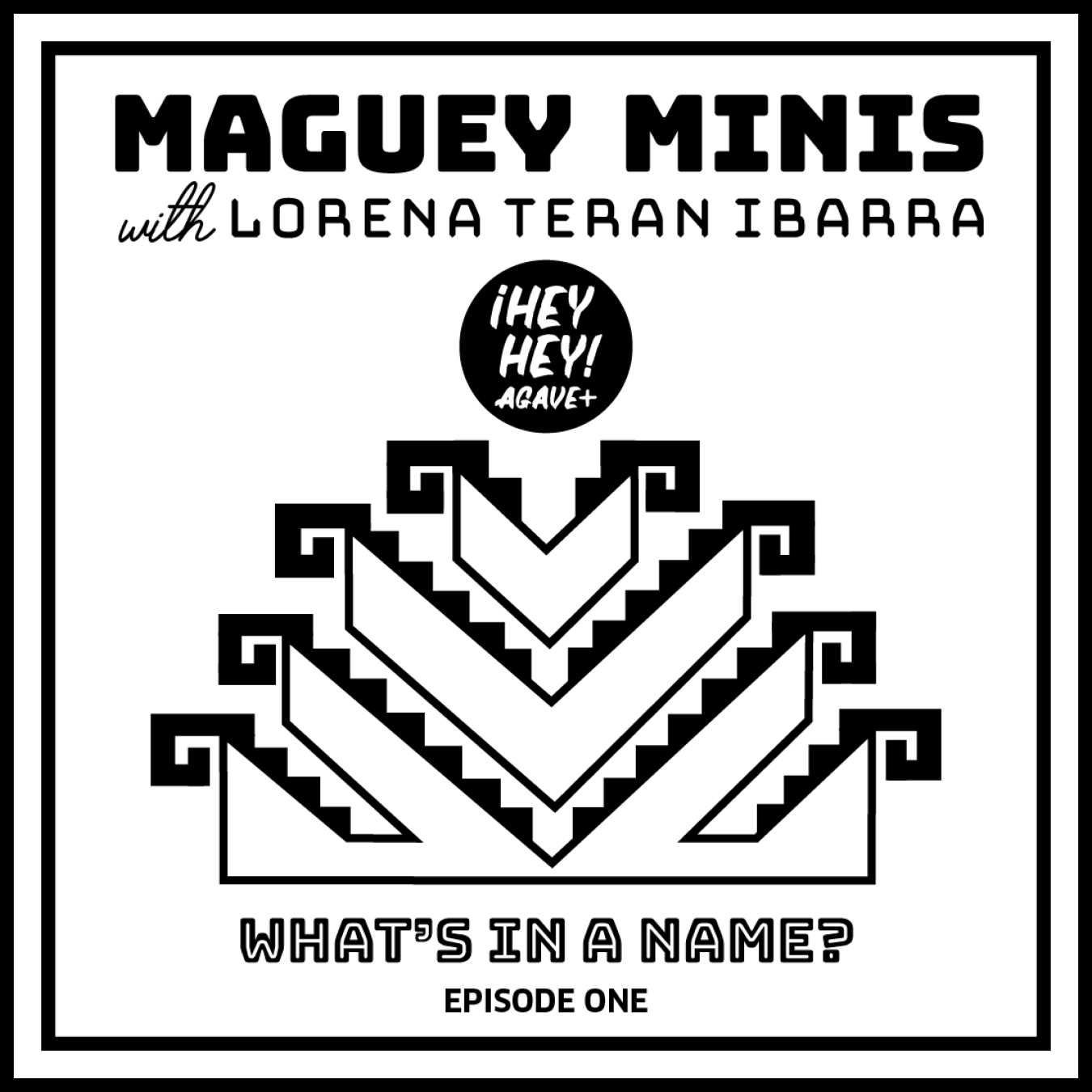Your Cart is Empty
free shipping $300+

21 + Salvador Picazo Chavez
La Luna Mezcal
Salvador Picazo Chavez is the founder and President of Puente Internacional and the founder of La Luna Mezcal and Gustoso Aguardiente Rum, both produced in Michoacán, Mexico.
This is the first interview we have had with a producer from Michoacán but definitely not the first conversation about the State and the mezcal produced there. Michoacán is a rich and fertile region of Mexico, where most of the Avocados consumed in the US are grown. It is home to a vibrant culinary tradition and has a history of sugar cane distillation and mezcal production.
Chava’s story and the story of La Luna is a coming home of sorts. Chava was born in California and raised in Sonoma. His father grew up on a farm in Cotija, Michoacán and his mom is from Ecatepec, Estado de Mexico. Chava was drawn back to his Father’s home town and inspired by the potential he saw within his family and his network of friends to create a brand of mezcales that would express the specific terroir of the region.
Chava explains La Luna’s evolution from purchasing distillates from one producer to building vinatas and distilling with his own team. They are currently building vinatas in Indaparapeo, Cotija and Etucuaro. We discuss the different production styles, which vary among their vinatas. We learn about the agaves of the region, both silvestre and cultivated, and discuss what the future holds for La Luna.
* Correction: In the intro Gabriel identified the Manso Sahuayo Agave as an A. americana, that was incorrect, it is an Agave sp.
Mezcalistas: The Evolution of La Luna Mezcal

1. Michoacán, Mexico (map)

2. La Iglesia de Cotija where everyone in town gathers on Sundays. Many of Chava's family and friends were married here.
3. Chava and Ryan Leija walking the streets in Cotija with a new friend. Chava explained: "Typical of Cotija is the young boys [who] go around asking for money for tacos or just due to need. This particular young man really impressed me. Instead of asking [only] for money he asked if we needed a "favor". We said, “yeah, can you go buy us some beers?”. He did and brought it back with the change. He wouldn’t take money unless he did a favor first. So we had to make up more favors for him so he could make more money. It was emotional [for me] because my dad always told me how he and the kids from “las sierras” who were poor, always came down to look for change to get money for food.".
4. Tacos from the puestros of Cotija. As Chava says: "Bomb, bomb tacos! La Plaza de Cotija and all of their booths provide bomb food to the locals and visitors.".

5. Chava walking through his cousins' avocado orchards with his Tia Dela. She is in her 70's, still active, and is always riding her quad around town. The locals know her as “la viejita de la moto" (the motorcycle grandma)... and she loves mezcal!

6. Ripe avocados from Chava's family orchard.
7. Ryan, Chava and Chava's cousin Carlos and Carlos' wife Lizbeth walking through the orchard in El Batean.

8.,9. Chava and his cousin Carlos hiking through the waterfalls. Water is a feature of Cotija that is prized and honored. A common phrase spoken is: “la agua nace en Cotija” meaning “water is born in Cotija".

10. Agave Tequilana growing in Indaparapeo very close to La Luna's vinata.

11., 12. Silvestre (wild) Cupreata agaves.

13. A giant native Bruto agave (A. inaequidens).

14. Bruto agave in Cotija

15.,16. Pulquero Agaves (A. salmiana) being harvested.

17. A field of Agave Tequilana (almost fully mature) on the hillside just above the new vinata in Indaparapeo

18. Manso Sahuayo Agaves (A. sp)

19. Manso Sahuayo Agaves

20. Tequilana agave piñas ready to be roasted.

21. Tio Gonzalo at his Vinata in Cotijo. They mash the roasted agave by hand and use clay pot distillation.
22. Tio Gonzalo and Adrian in the vinata.

23. Getting ready to load the horno (conical oven).
24. Roasted agaves in the horno.

25., 26. Alembiques in the newest vinata in Indaparapeo.

27. The La Luna team.

28. The La Luna team.
+ All images courtesy of Salvador Picaso Chavaz


